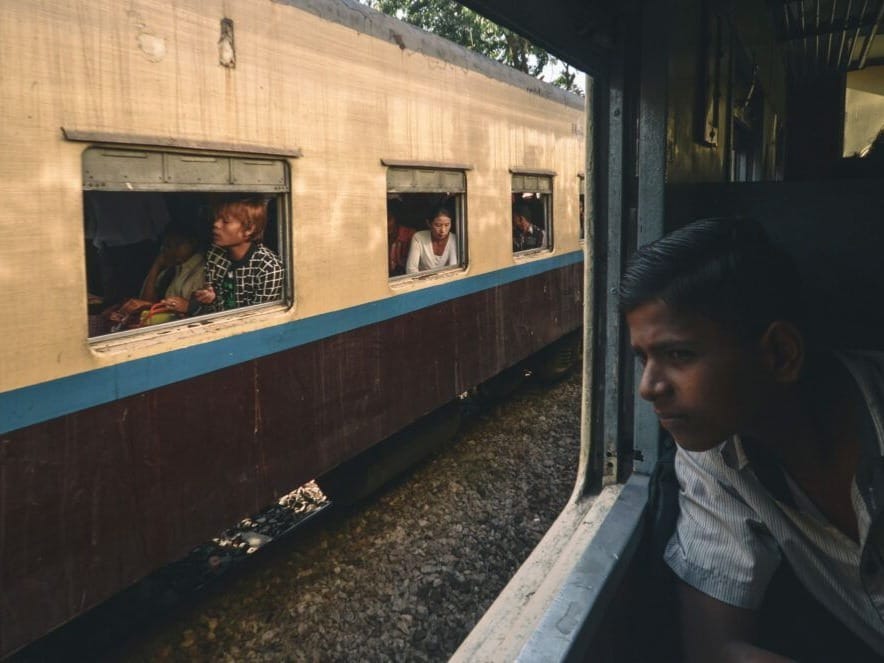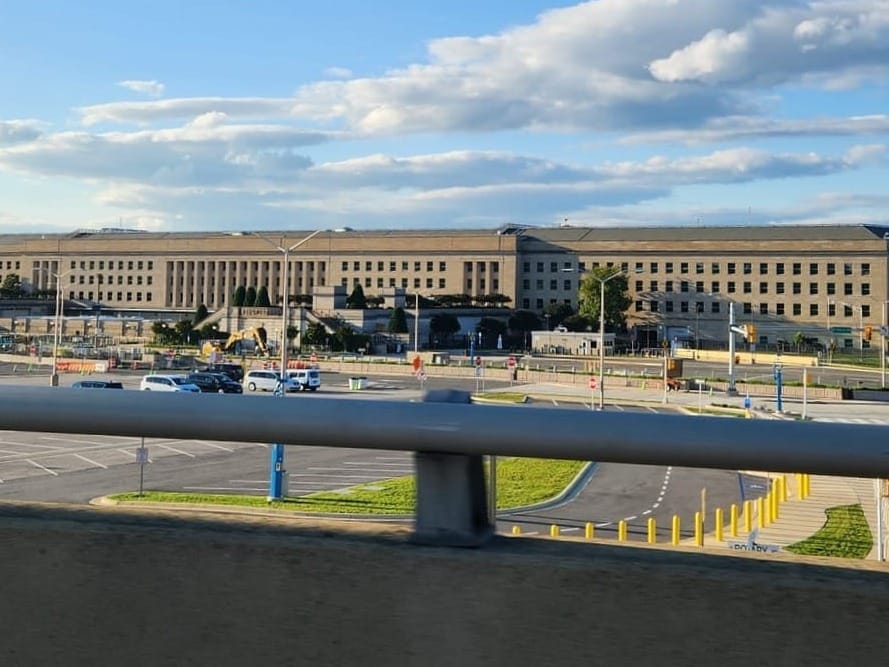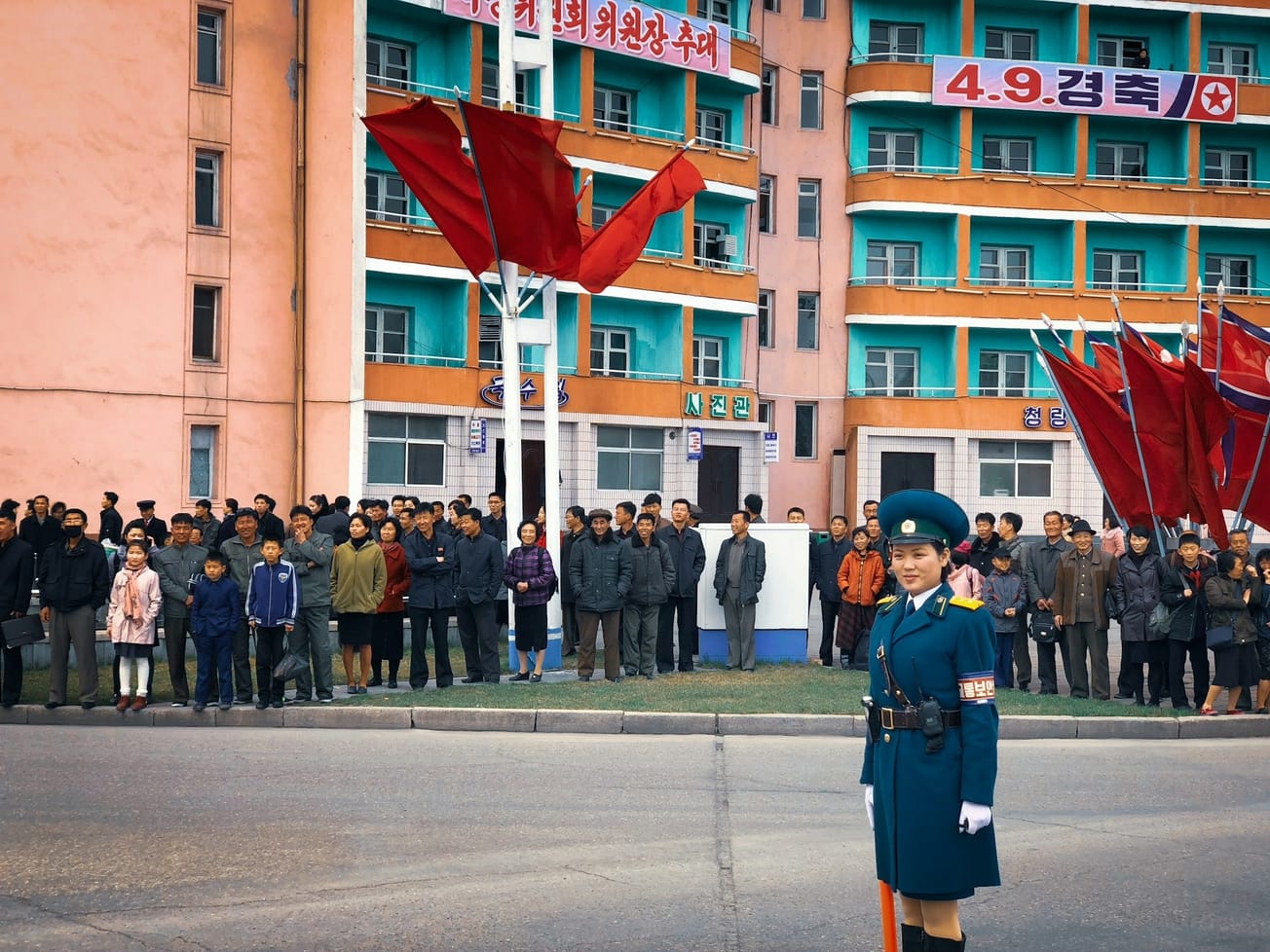UNITED NATIONS (AN) — Participants in a high-profile gathering at the United Nations denounced countries that imprison journalists for doing their jobs — particularly Myanmar, Bangladesh, Egypt and Kyrgyzstan.
The gathering at U.N. headquarters in New York highlighted the many challenges to press freedoms globally. It was hosted by the Committee to Protect Journalists, or CPJ, an independent organization that promotes worldwide press freedom.









